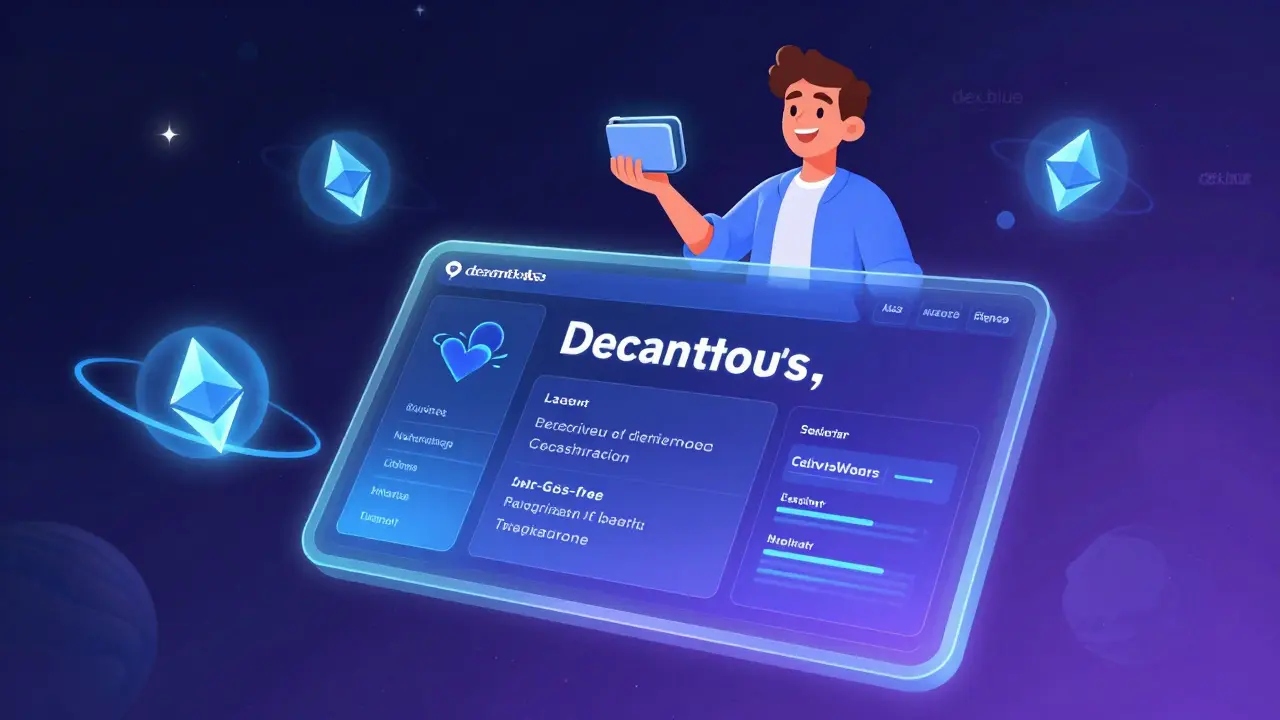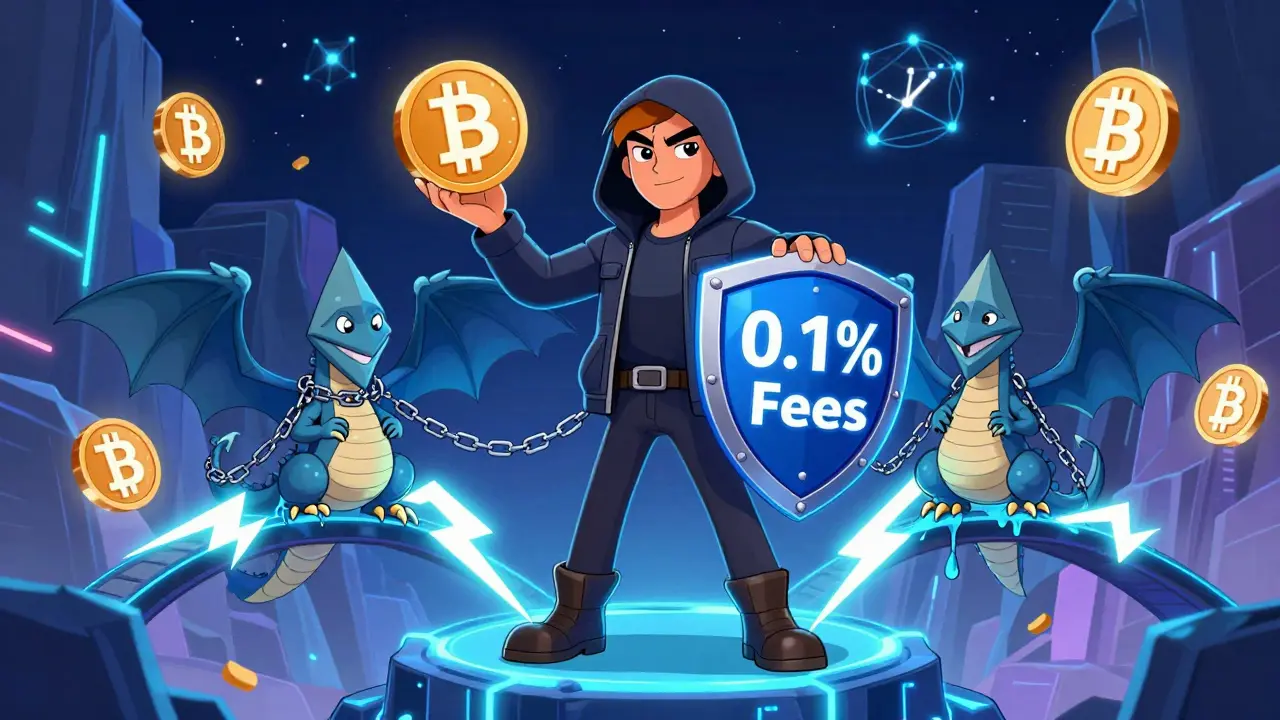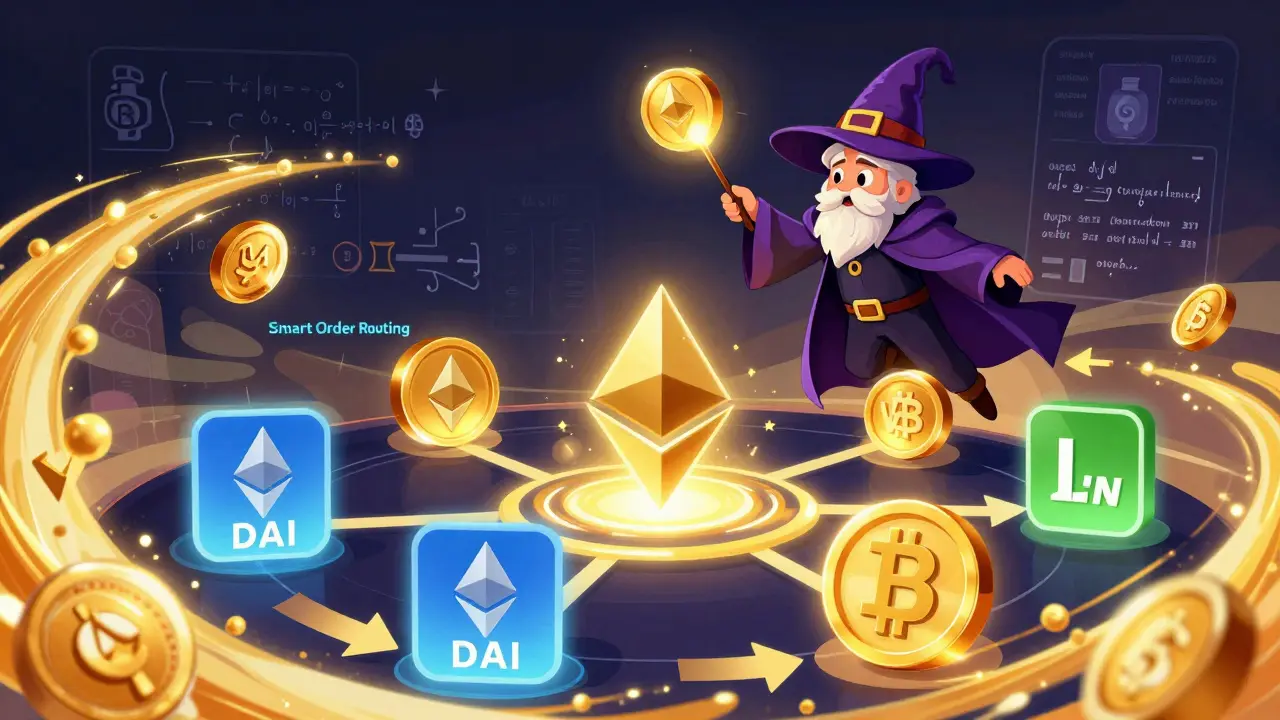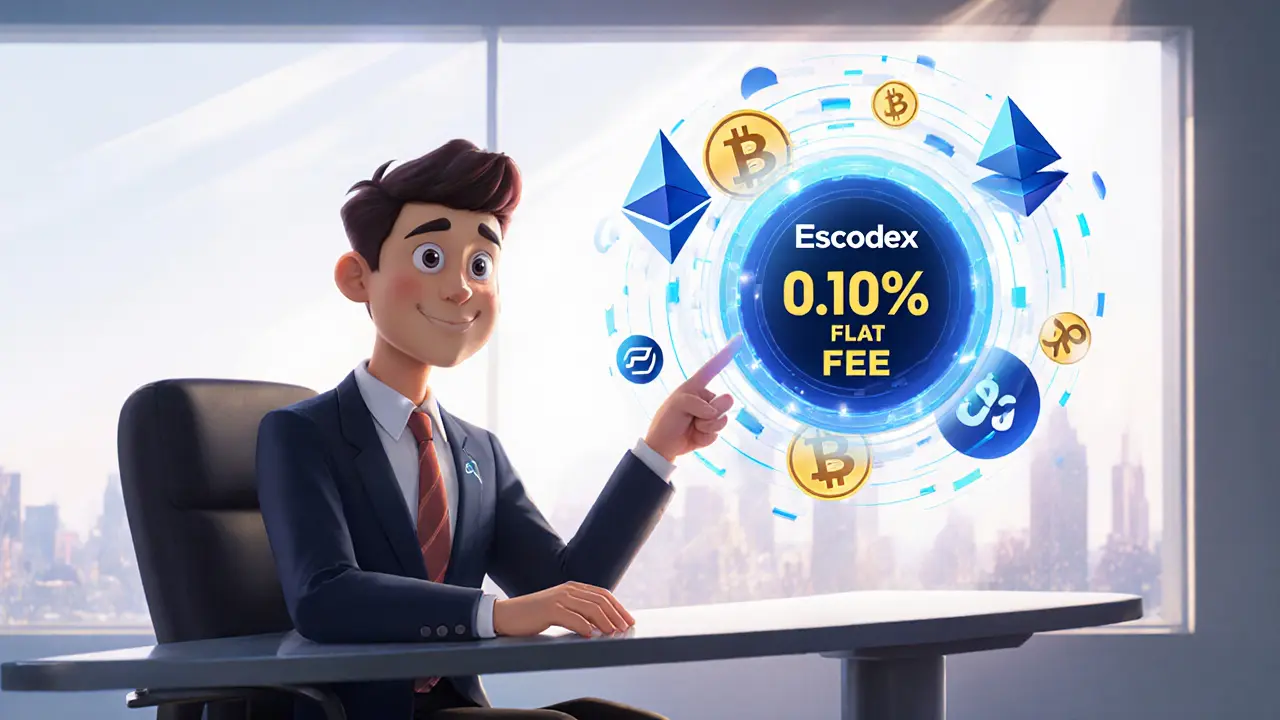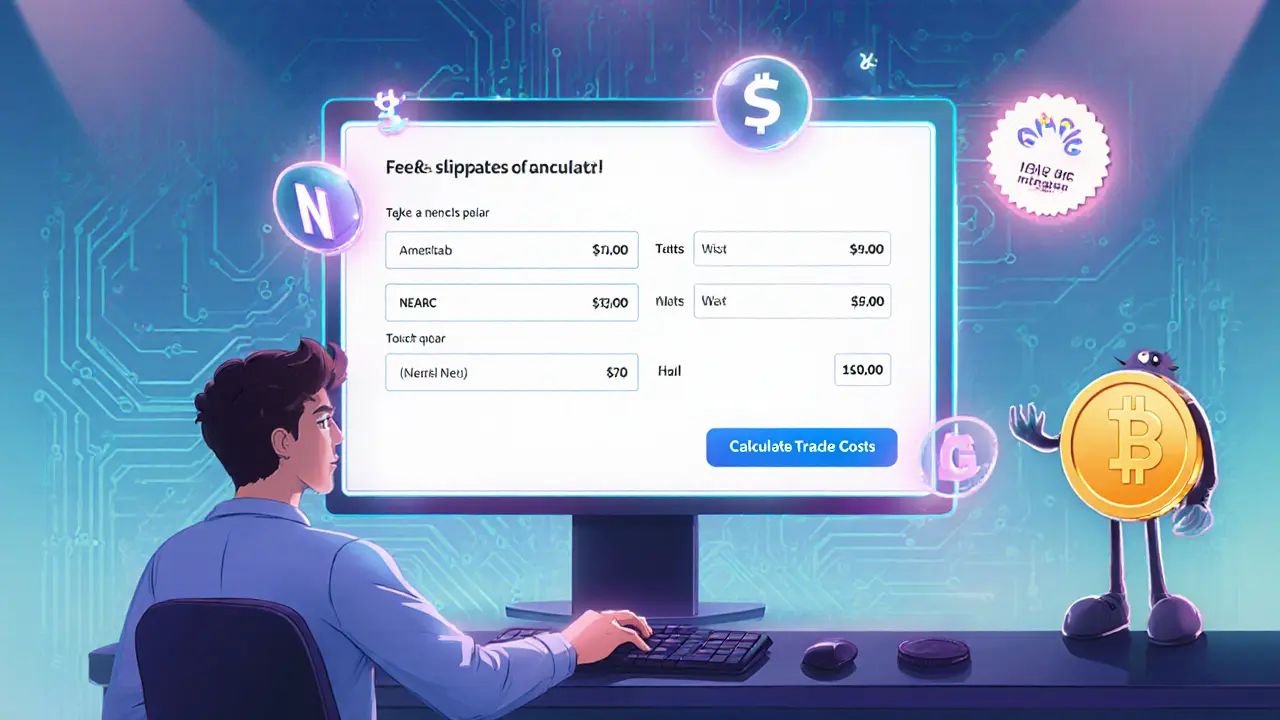Decentralized Exchange (DEX) Guide: Real‑Time Trading Without Middlemen
When working with decentralized exchange, a peer‑to‑peer platform that matches buyers and sellers directly on‑chain using smart contracts. Also known as DEX, it eliminates custodial risk and often offers lower fees than traditional brokers. Leading examples include Hyperliquid, a decentralized perpetuals exchange built on Arbitrum that focuses on low‑latency derivatives trading, Wagmi, a Fantom‑based DEX offering fast swaps and a native governance token, and ZoomEx, a multi‑chain exchange praised for its robust security suite and competitive fee schedule. These platforms illustrate the variety of user experiences, from high‑leverage trading to simple token swaps, all while keeping control of assets in the hands of the trader.
A decentralized exchange works because of three core attributes: liquidity pools, on‑chain order matching, and community‑driven governance. Liquidity pools let users deposit assets and earn fees, which in turn reduces slippage for other traders. Smart contracts handle order execution, so there’s no central authority to halt trades or freeze funds. Governance tokens—like HYPE for Hyperliquid or MPDAO for Meta Pool DAO—give participants a say in fee structures, new feature rollouts, and security upgrades. Security audits, bug bounty programs, and insurance funds are becoming standard, but users still need to verify contract addresses and stay alert to phishing attempts. Fee models differ: some DEXs charge a flat percentage, others add a small gas surcharge, and a few offer fee rebates for staking native tokens. Understanding these nuances helps you pick the right platform for your strategy, whether you’re chasing arbitrage, earning yield, or swapping tokens for a quick trade.
What to look for when choosing a DEX
Start by checking the depth of liquidity—deep pools mean you can enter large positions without moving the market. Next, evaluate the gas costs on the underlying blockchain; a low‑fee chain like Arbitrum or Fantom can make a big difference for frequent traders. Security is non‑negotiable: look for recent audit reports, open‑source code, and a history of swift response to vulnerabilities. Finally, consider the ecosystem: does the DEX support the tokens you need, cross‑chain bridges, or integration with your favorite wallet? Our collection below dives into each of these points, offering hands‑on reviews of Hyperliquid, Wagmi, ZoomEx, and other key players, plus actionable guides on reducing transaction fees, maximizing yield, and staying safe while navigating the ever‑growing DEX landscape. Ready to explore? The articles ahead will give you the details you need to trade confidently on any decentralized exchange.

